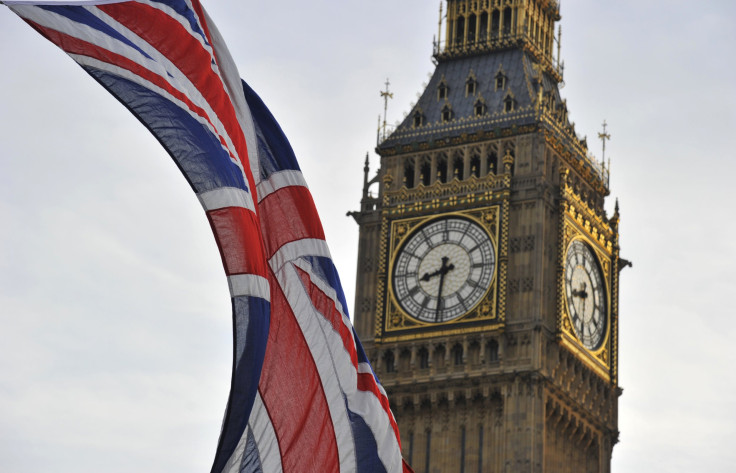UK’s Annual Economic Growth In Second Quarter Less Than Previously Estimated

The UK economy grew by 0.7 percent on a quarterly basis in the second quarter of 2013 according to the latest estimate, which remained unrevised from the second estimate of gross domestic product, or GDP, published on Aug. 23. But, the annual rate of GDP growth was revised downward by 0.2 percentage points to 1.3 percent from 1.5 percent.
Economic growth on a quarterly basis in the first quarter of 2013 was revised upward to 0.4 percent from a previous estimate of 0.3 percent, while on a yearly basis GDP growth in the first quarter increased by 0.2 percent, data released on Thursday by UK's Office of National Statistics showed.
“The breakdown now looks a bit less favorable than before. In particular, stockbuilding is now thought to have accounted for about a third of the rise in GDP, whereas the contributions from consumer spending, investment and net trade have all been revised down,” Capital Economics said in a note.
Household expenditure rose for the seventh-straight quarter and the increase was pegged at 0.3 percent on a quarterly basis, but revised down from a previous estimate of 0.4 percent.
The UK recorded a current account deficit, or CAD, of 13 billion pounds ($20.9 billion) in the second quarter of 2013, down from a revised deficit of 21.8 billion pounds in the first quarter. The latest deficit figure accounted for 3.2 percent of GDP, compared to 5.5 percent in the first quarter.
The trade deficit narrowed to 5.5 billion pounds in the second quarter, from 6.3 billion pounds in the first quarter, while income deficit declined to 300 million pounds in the second quarter, from 9.2 billion pounds in the first quarter. Total business investment in the UK dropped by 2.7 percent, on a quarterly basis, and down from a 1.9 percent decline in the first quarter of 2013.
“These backward looking revisions are less important than the timelier economic data showing that the economic recovery has picked up further pace in the third quarter. What’s more, it is reassuring that household income rebounded as we expected in Q2 (albeit reflecting income shifting around the cut in the top rate of income tax), which allowed the household saving ratio to rise a bit. Nonetheless, there are clearly still reasons to be cautious about assuming that the recovery can maintain its recent impressive pace,” Capital Economics said.
© Copyright IBTimes 2024. All rights reserved.




















